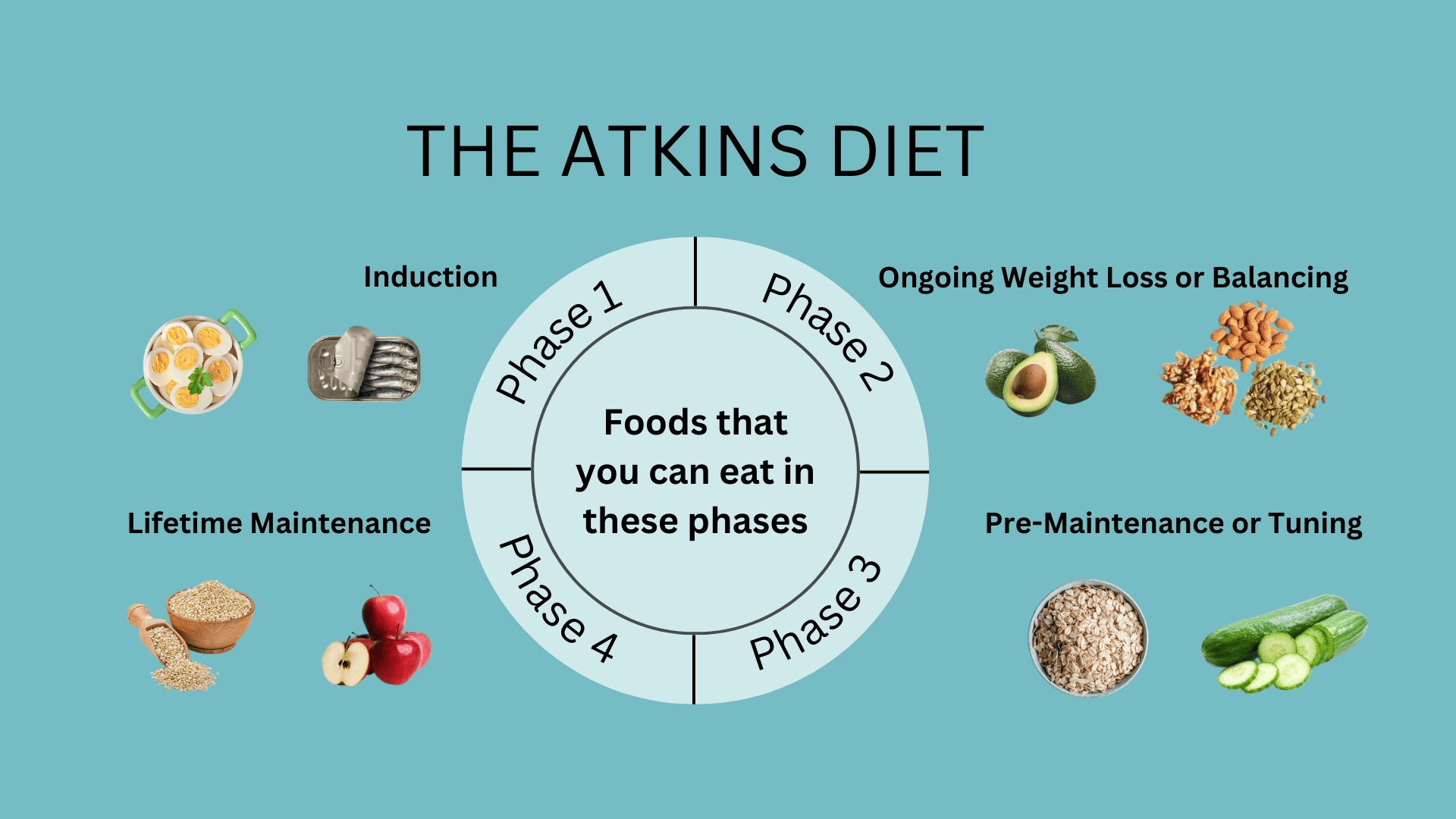Adverse Health Consequences Resulting from Excessive Protein Consumption

The potential risks of consuming too much protein and advocates for a balanced diet.
While protein is crucial for tissue repair, muscle building, and overall bodily functions, it's important to understand the limits of consumption. Excessive intake, such as following an overly protein-focused diet that neglects other essential nutrients, can lead to several adverse health effects, including:
Kidney Damage
Excessive protein intake can exert considerable strain on the kidneys, potentially leading to kidney damage over time. While it may initially seem surprising, scientific research, including studies conducted by the National Institutes of Health, underscores this concern. When the body metabolizes excess protein, it produces nitrogen byproducts. While the kidneys can normally eliminate these byproducts through urine, consuming an excessive amount of protein overwhelms this process. Consequently, the kidneys must work harder to expel the surplus nitrogen, increasing the risk of renal damage in the long run.
Weight Gain
While individuals often turn to super-high protein diets with the aim of shedding excess weight, evidence suggests that the outcomes may not be as favorable as anticipated. Despite initial short-term weight loss, many nutritional experts caution that individuals following such diets may experience weight regain over time, often surpassing their initial weight. A notable 2016 study conducted by the National Institutes of Health supports this notion, revealing that over 90% of the 7,000 adult participants who adhered to a high-protein diet reported becoming overweight. In contrast, those who maintained a more balanced diet were less likely to experience weight gain. This underscores the importance of considering the long-term implications of dietary choices, particularly in relation to weight management.
Bad Mood
Following a balanced diet is crucial for maintaining both physical and mental well-being. Numerous studies emphasize the importance of a balanced approach to nutrition, particularly when considering the psychological effects of dietary choices.
For instance, a 2009 Australian study shed light on the long-term psychological impact of adhering to a very low-carbohydrate (LC) diet for weight loss. Participants who maintained a strict low-carb regimen for a year or more reported significant negative effects on mood. This included increased irritability, depression, and overall feelings of grouchiness. The absence of readily available carbohydrates, such as sugars and starches, in their diets hindered the brain's ability to produce serotonin—the neurotransmitter responsible for regulating mood, often referred to as the "good mood" hormone.
These findings underscore the importance of considering both the short-term and long-term implications of dietary choices, emphasizing the need for a balanced approach to nutrition to support not only physical health but also mental well-being.
Heart Disease
The Mayo Clinic emphasizes the importance of balance in dietary choices, particularly concerning the risk of heart disease. While a diet rich in lean protein and low in complex carbohydrates may not pose immediate health risks, the Clinic cautions against prolonged adherence to high-protein diets with restricted carbohydrate intake.
Research highlighted by the Clinic suggests that high-protein diets, especially those abundant in red meat and full-fat dairy products, may elevate the risk of cardiovascular disease over time. Therefore, while such diets may offer short-term benefits, it's essential to consider their potential long-term impact on heart health. Striving for a balanced approach to nutrition, incorporating a variety of food groups and moderation in protein intake, is recommended to reduce the risk of heart disease and promote overall well-being.
Ketosis and Chronic Bad Breath
Jessica Cording, MS, RD, CDN, a Manhattan-based registered dietitian, cautions against fad high-protein diets that advocate for severely restricting or eliminating carbohydrates. While these diets may result in initial weight loss, they can lead to a condition known as ketosis, which can have unpleasant side effects, including chronically bad breath.
Ketosis occurs when the body, deprived of carbohydrates, begins to utilize fat for energy. During this process, ketones are produced and emitted from the body, resulting in foul-smelling breath. Despite efforts such as brushing, mouth-washing, or chewing gum, it's challenging to eliminate this bad breath since ketones originate deep within the body.
Cording's warning highlights the potential drawbacks of extreme dietary practices and underscores the importance of adopting a balanced approach to nutrition to promote both physical health and well-being.
Indigestion
Fiber plays a crucial role in maintaining digestive health. National nutritional organizations recommend a daily intake of 25 to 35 grams of fiber to support a healthy and regular digestive tract. Adequate fiber intake helps prevent issues such as bloating, gas, and constipation.
A diet rich in fiber, obtained from complex carbohydrates found in whole grains, beans, fruits, and vegetables, promotes regular bowel movements and overall digestive well-being. Conversely, low-carbohydrate, high-protein diets often lack sufficient fiber, leading to digestive discomfort and unrest. Therefore, it's essential to prioritize a balanced diet that includes a variety of nutrient-rich foods to support optimal digestion and overall health.






